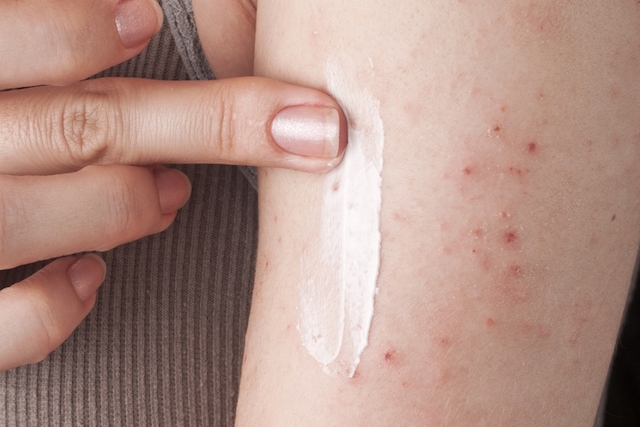Mucocele, also known as mucous cyst, is a kind of blister that forms on the lip, tongue, cheeks or roof of the mouth, usually due to a blow to the region, repetitive bites or when a salivary gland suffers an obstruction.
This benign lesion can range in size from a few millimeters to 2 or 3 centimeters in diameter, and is not usually painful, except when accompanied by some type of injury.
The mucocele is not contagious and usually regresses naturally without the need for treatments. However, in some cases, minor surgery by the dentist may be required to remove the affected cyst and salivary gland.


How to identify
The mucocele forms a kind of bubble, which contains saliva inside it, which is generally painless, and transparent or purple in color. Sometimes, it can be confused with cold sore, but cold sores do not usually cause blisters, but mouth ulcers.
After a while, the mucocele may regress, or it may rupture, after a bite or blow in the region, which may cause a small wound in the area, which heals naturally.
In the presence of symptoms that indicate mucocele and that persist for more than 2 weeks, it is important to undergo the dentist's evaluation, as there is a type of cancer, called mucoepidermoid carcinoma, which can cause similar symptoms, but that instead of improving, usually gets worse over time. Learn to identify other symptoms that indicate oral cancer.
How to treat
The mucocele is curable, which usually occurs naturally, with the cyst regressing in a few days without the need for treatment. However, in cases where the lesion grows too much or when there is no natural regression, the dentist may indicate a minor surgery in the office to remove the affected salivary gland and decrease the swelling.
This surgery is a simple procedure, which does not require hospitalization and, therefore, the patient can return home a few hours after treatment, being able to go to work 1 to 2 days after the surgery.
In addition, in some cases, the mucocele may reoccur, and further surgery may be necessary.
Causes of mucocele
The causes of mucocele are related to the blockage or injury of a salivary gland or duct, and the most common situations include:
- Biting or sucking the lips or the inside of the cheeks; Blows on the face, especially on the cheeks; History of other diseases that affect the mucous membranes, such as Sjö gren syndrome or Sarcoidosis, for example.
In addition, mucocele can also appear in newborns right from birth due to strokes caused during birth, but they rarely need treatment.















